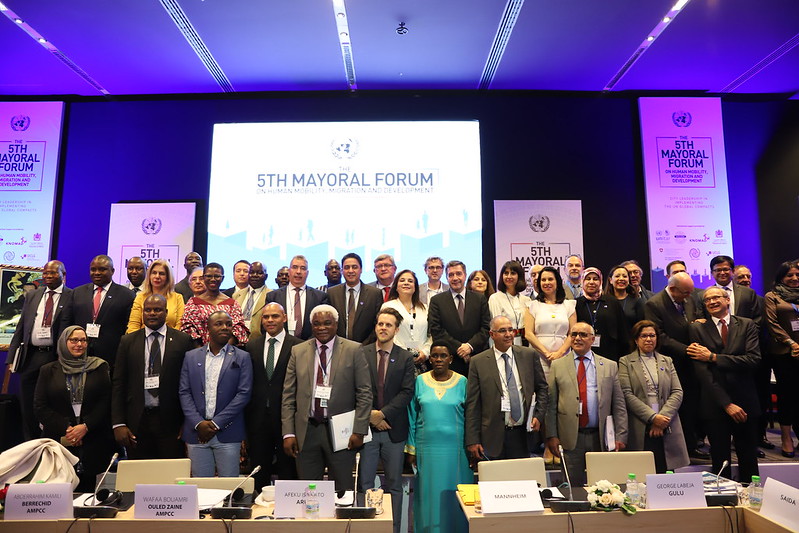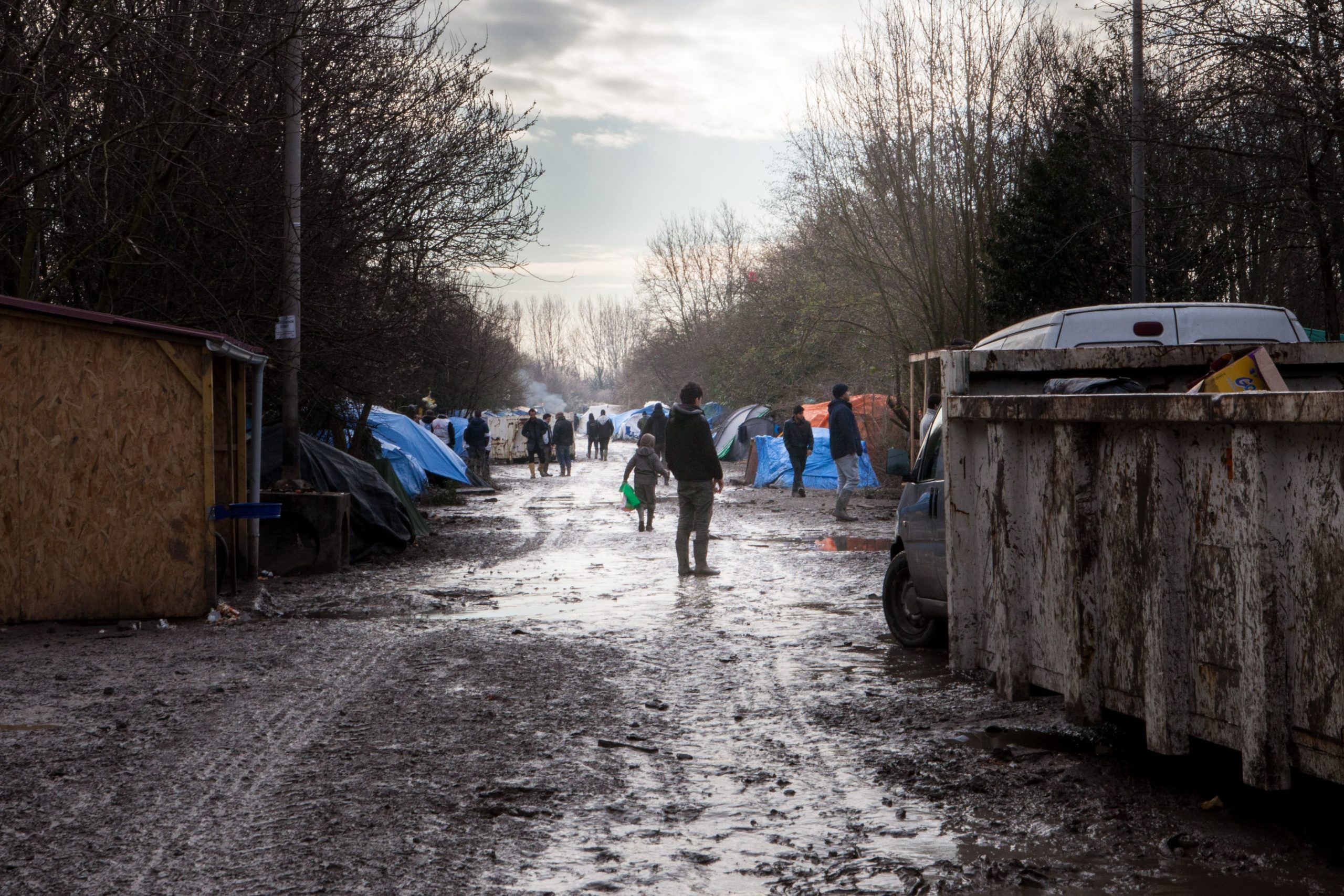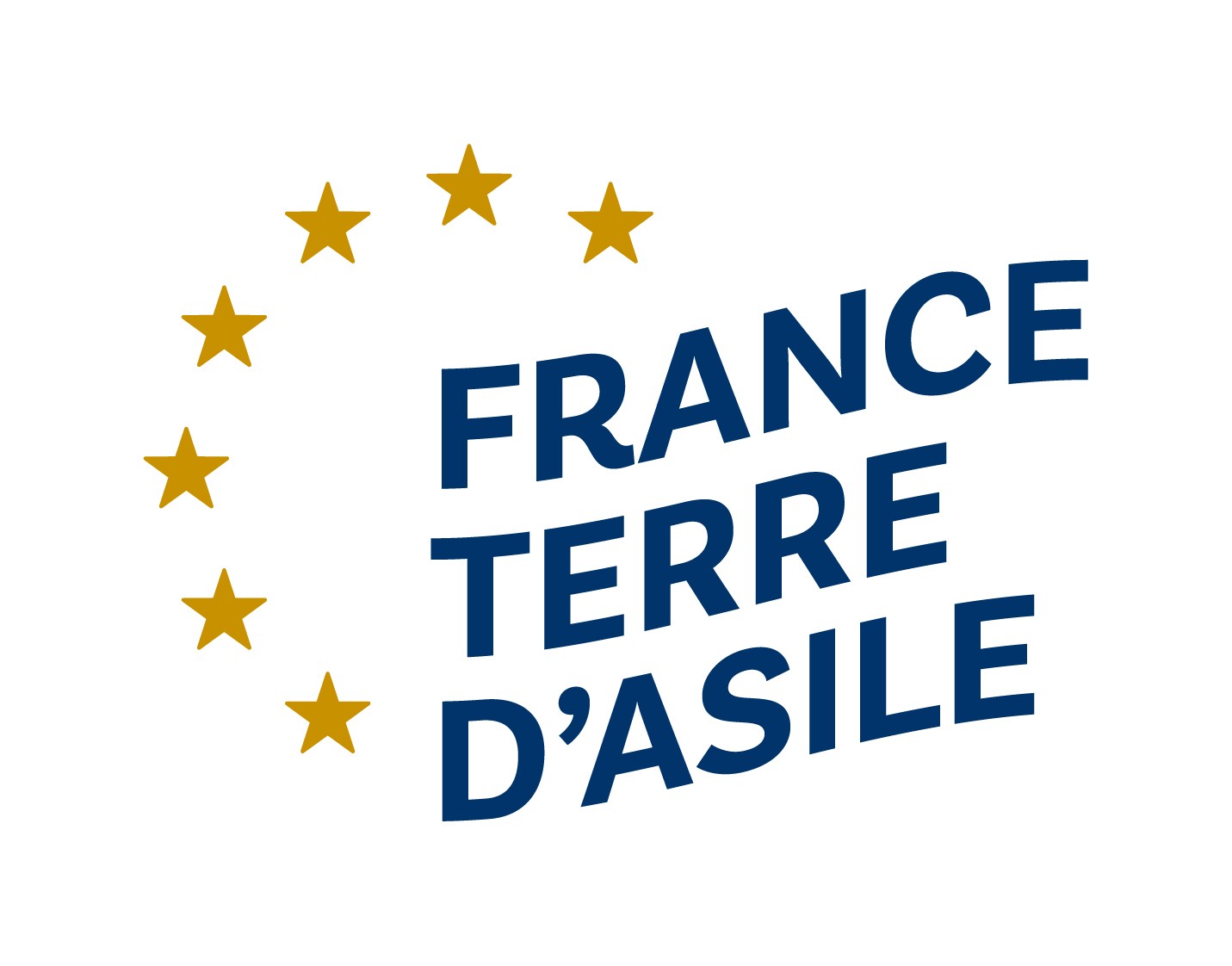All news
“If the question of the distribution of migrants throughout the EU is codified, we will no longer see the kind of thing that is currently happening in Greece”
Sylvie Guillaume is a member of the Progressive Alliance of Socialists and Democrats group in the European Parliament (S&D). She shares her views on the management of asylum seekers’ arrivals in the EU since 2015, on the new Pact on Asylum and Immigration of the von der Leyen Commission and on the role of the Parliament for the European legislature starting in 2019.

Networks of solidarity cities in order to foster a better reception for refugees in Europe
Faced directly with migration issues and with the need to find immediate and effective solutions, European cities have gradually chosen to join national and European solidarity networks. Those networks help them design local public policies as well as influence national and European political agendas.

“Border towns”: the challenge of reception at Europe’s internal and external borders
Lesvos, Calais, Melilla and Lampedusa are all municipalities which, as the European Union is being built and its asylum and immigration policy is being transformed, have become symbols of the Union’s borders. Vues d’Europe looks back at the role that these “border cities” have played and the challenges they face with the increase in arrivals of migrant population, and with the organization of their reception and integration.
What skills and responsibilities should cities have to welcome and integrate migrant and refugee populations?
Although migration policy is predominantly a state competence in the EU, European cities are emerging as key players in the reception and integration of migrants, particularly since 2015. Restrictive national measures, unclear distribution of competences, difficult access to funding … they nevertheless face a number of obstacles.
“Integration takes place in the concrete, not in the abstract of national political discussions”
For twenty years, and even more since 2015, EU Member States have struggled to reach a real agreement on a Common European Asylum System, with the lack of solidarity between national governments mainly hindering the revision of the Dublin Regulation. Looking at this challenge, cities are taking on an increasingly important role, particularly for the integration of refugees, in cooperation with civil society and private actors.
« Mayors have become ‘models of resistance’ because we had to, and we are actually proud of it »
Magid Magid was elected Lord Mayor of Sheffield in 2018 and has been Green MEP since last European elections in May 2019. He regularly voices his support for the welcoming of refugees and migrants in Europe and is now member of the Committee on Civil Liberties, Justice and Home Affairs in the European Parliament, which is leading the debate on migration issues.
What has a decade of migration projects taught us about integration in cities?
With rising challenges in terms of reception and integration at the local level, an increasing number of city networks are developing dedicated projects and new ones are being created to show solidarity towards migrants and refugees. EUROCITIES, a network of over 140 European major cities created in 1986, has made migration one of its main areas of work.
How effective are existing complementary pathways for meeting protection needs?
At a time when UNHCR estimates that 1.4 million people are in need of resettlement worldwide, and given the dangerous migration routes, particularly to the European continent, legal pathways to the European Union appear as a way to meet the many protection needs.
